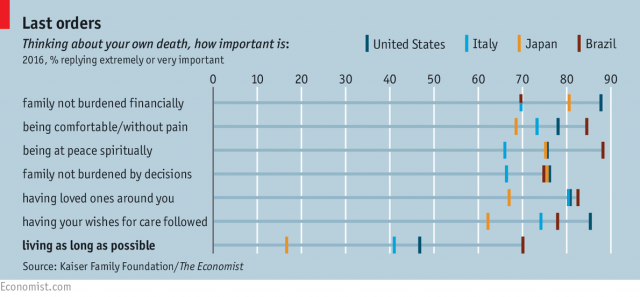Your parents are getting older. If you expect to be called on to help them out at some point, there are some questions you need to ask. Don’t know what to ask your parents? Start here, with the most important question:
Ask Your Parents: Who’s on point?
If your parents are incapacitated and unable to speak for themselves, healthcare power of attorney and financial power of attorney documents delegate authority. Your question is: to whom?
It’s not uncommon for parents to name different children to be their proxies in financial versus medical matters. It’s not unheard of for them to name a sibling and not tell the others, or even to name a child without talking to them. And of course, they don’t have to name a family member at all in these documents.
Ask if they have these documents, and who is named in them so you can find out what role they want you to play (if any).
(By the way, you need these documents, too! See Estate Planning Basics for more info.)
Ask Your Parents: What is Plan B?
Your parents probably want to stay at home as they get older rather than moving. But what happens if they can’t maintain their home themselves, or need help managing their daily routine? What’s Plan B? Talk with your parents about what could cause their household management systems to fail, and how you can create backup plans if they are unable to take care of:
-
- Home maintenance
- Routine daily activities like eating, dressing, and bathing
- Transportation
- Medication or chronic illness management
This doesn’t presume there’s a simple answer to the “Plan B” question. The point is to have a discussion about what it takes to safely stay at home, and develop ways to simplify and reinforce the systems that keep them there. You may be able to eliminate obstacles or automate tasks they currently take care of themselves. If they have the funds, it may also be possible to hire help.
Ask Your Parents: What matters most to you at the end?
I’m fascinated by this November 2016 study by Kaiser Family Foundation (in partnership with The Economist.) It examines views on aging and end-of-life medical care across four countries. More than 85% of those surveyed in the U.S. care deeply about having their wishes followed. So ask your parents: what are your wishes?

My favorite resource for starting this potentially awkward conversation is from The Conversation Project. Click here to download the free conversation starter kit, which includes great suggestions for how to break the ice (no email required.)
Ask Your Parents: Will we be able to find stuff if something happens to you?
My mom is a nurse, so she was appropriately freaked out the morning her stroke symptoms appeared. The first sign she knew something serious was going on was that she told my dad he didn’t have time to take a shower before driving her to the ER (good move.) The second indicator was the briefcase. The overstuffed briefcase was my mom’s command center, and she took it with her on the emergency trip to the hospital. My mom didn’t like to pay bills even one day early, but she paid two months’ worth of bills as she waited for the CAT scan. The fat stack of envelopes she handed me as they rolled her away gave us time to figure out her crazy systems (which made sense to her) before the next bills were due.
It took us far longer than two months to stabilize their household while she focused on recovery, but there was a paper trail, and we knew more or less where to find stuff. Do you know where your parents’ important papers are? Do you know what medication they’re on? If not, it’s time to start a conversation about where to find medical, financial, property, and important documents if you need them.
I know it can be hard to start and uncomfortable to have these conversations. Do it anyway! If you need some additional pointers before you dive in, check out this post I wrote about having difficult conversations.
Good luck, and get started!

NOTE: This is the last of a three-part series on critical conversations to have if you’re working and caring for others. The first helps prepare for a conversation with your employer. The second shares tips on talking with your “team”.

